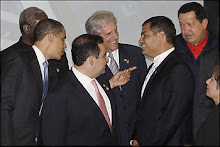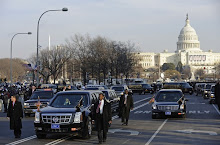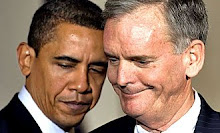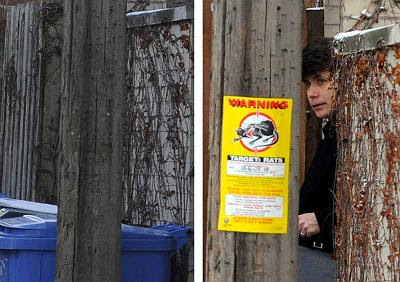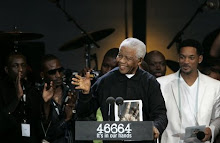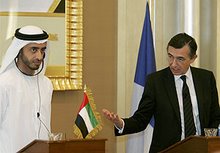Soros sees no bottom for world financial 'collapse'(Agencies)
Updated: 2009-02-21 15:09
NEW YORK – Renowned investor George Soros said on Friday the world financial system has effectively disintegrated, adding that there is yet no prospect of a near-term resolution to the crisis.
Soros said the turbulence is actually more severe than during the Great Depression, comparing the current situation to the demise of the Soviet Union.
He said the bankruptcy of Lehman Brothers in September marked a turning point in the functioning of the market system.
"We witnessed the collapse of the financial system," Soros said at a Columbia University dinner. "It was placed on life support, and it's still on life support. There's no sign that we are anywhere near a bottom."
His comments echoed those made earlier at the same conference by Paul Volcker, a former Federal Reserve chairman who is now a top adviser to President Barack Obama.
Volcker said industrial production around the world was declining even more rapidly than in the United States, which is itself under severe strain.
"I don't remember any time, maybe even in the Great Depression, when things went down quite so fast, quite so uniformly around the world," Volcker said.
China Daily Information Co

Soros analysts eye Nigeria's banking sector
By Matthew Green in Lagos
Published: February 20 2009 02:00 | Last updated: February 20 2009 02:00
George Soros's $20bn hedge fund company is looking at potential opportunities in Nigeria's banking sector, where valuations have collapsed in the past year amid growing fears over the level of supervision and transparency.
Senior analysts from Soros Fund Management visited Nigeria this week to meet bankers and government officials, raising hopes in the market of a return of foreign interest after many portfolio investors fled during the course of the past year.
Remi Babalola, minister of state for finance, said he was due to brief Sharif Atta, a senior analyst at Soros Fund Management, and Ahmad Zuaiter, a portfolio manager, on the investment climate in Nigeria today.
"What makes it interesting is that they are the first to come since the global financial crisis, and since the departure of most other investors from the market," Mr Babalola told the Financial Times. "It's going to be a magnet for other investors to come in."
The Soros delegation met Nigerian bankers including senior managers from United Bank for Africa and Diamond Bank during their trip to Lagos, the commercial capital, according to sources within the banks. Representatives of at least two other big US and European funds have also visited Lagos since the start of the year, according to another industry source. The Soros Fund Management declined to comment.
The trips come against a backdrop of growing concerns over the health of Nigeria's banking sector, which enjoyed spectacular growth following a consolidation exercise launched in 2005 before share prices began to tumble in March last year.
The market capitalisation of the Nigerian Stock Exchange has fallen by about 60 per cent in local currency terms since the market hit an all-time high on March 5 2008, according to data from AfriFinance, mainly owing to losses in banking stocks which have a heavy weighting within the overall share index. Some analysts say the valuations mean some banks are looking much more reasonably priced.
Nigerian regulators have been quick to blame the collapse on foreign investors withdrawing funds as the global credit crisis deepened.
But analysts argue that hedge funds and other international investors, which never held more than an estimated 10-12 per cent of share capital, appear to have played only a secondary role. Many industry insiders say the sudden collapse was rooted in the widespread practice of banks loaning money for share purchases, which allowed soaring valuations to lose touch with market fundamentals.
The plunge in stock prices has provoked concerns about the extent of banks' exposure to losses from these loans and raised questions over the level of supervision by the Central Bank of Nigeria and other regulators. Many investors are calling for Nigerian banks to adopt much more transparent accounting procedures.
Victor Osadolor, group chief financial officer for UBA, who met the Soros team, said they were keen for greater transparency. "These are sophisticated investors, so they understand where to come in. There's plenty of bargains," he said.
Copyright The Financial Times Limited 2009
